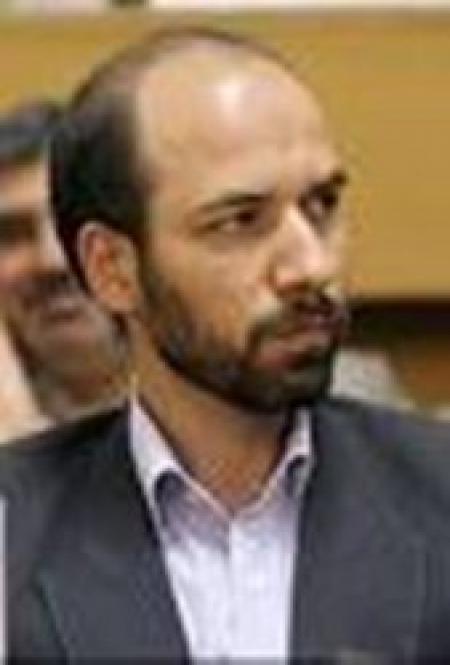ID :
109021
Sun, 02/28/2010 - 16:01
Auther :
Shortlink :
http://m.oananews.org//node/109021
The shortlink copeid
Mehrabian: Muslim states should have bigger share in global economy

Tehran, Feb 28, IRNA – A huge portion of global economy should be managed by the Islamic countries, Iran’s Minister of Industries and Mines Ali-Akbar Mehrabian said here on Sunday.
Ali-Akbar Mehrabian made the remarks in the fifth gathering of working group of the eight developing countries (D8) at the Foreign Ministry’s Institute for Political and International Studies in Tehran.
“Although Muslim countries enjoy huge energy and mineral resources, they do not have proper share of global economy management,” he said.
Mehrabian cited the huge human and energy resources, water, mines and strategic straits of Muslim countries as vital, adding unity is the main aim of the D8 meeting.
The working group of the eight developing countries started two days ahead of the D8’s 1st ministerial meeting.
The gathering was opened by Mehrabian on Sunday.
D8's 1st ministerial meeting is to be inaugurated on March 2 by President Mahmoud Ahmadinejad with the participation of around 400 Iranian and foreign guests.
Established in 1997 in Turkey, the group consists of Bangladesh, Egypt, Indonesia, Iran, Malaysia, Nigeria, Pakistan and Turkey.
It is a group of developing countries with large Muslim populations that have formed an economic development alliance.
The combined population of the eight countries is about 60 percent of the Muslim people, or close to 13 percent of world’s population.
The objectives of D8 are to improve developing countries’ positions in the world economy, diversify and create new opportunities in trade relations, enhance participation in decision-making at the international level and provide better standards of living./end
Ali-Akbar Mehrabian made the remarks in the fifth gathering of working group of the eight developing countries (D8) at the Foreign Ministry’s Institute for Political and International Studies in Tehran.
“Although Muslim countries enjoy huge energy and mineral resources, they do not have proper share of global economy management,” he said.
Mehrabian cited the huge human and energy resources, water, mines and strategic straits of Muslim countries as vital, adding unity is the main aim of the D8 meeting.
The working group of the eight developing countries started two days ahead of the D8’s 1st ministerial meeting.
The gathering was opened by Mehrabian on Sunday.
D8's 1st ministerial meeting is to be inaugurated on March 2 by President Mahmoud Ahmadinejad with the participation of around 400 Iranian and foreign guests.
Established in 1997 in Turkey, the group consists of Bangladesh, Egypt, Indonesia, Iran, Malaysia, Nigeria, Pakistan and Turkey.
It is a group of developing countries with large Muslim populations that have formed an economic development alliance.
The combined population of the eight countries is about 60 percent of the Muslim people, or close to 13 percent of world’s population.
The objectives of D8 are to improve developing countries’ positions in the world economy, diversify and create new opportunities in trade relations, enhance participation in decision-making at the international level and provide better standards of living./end





